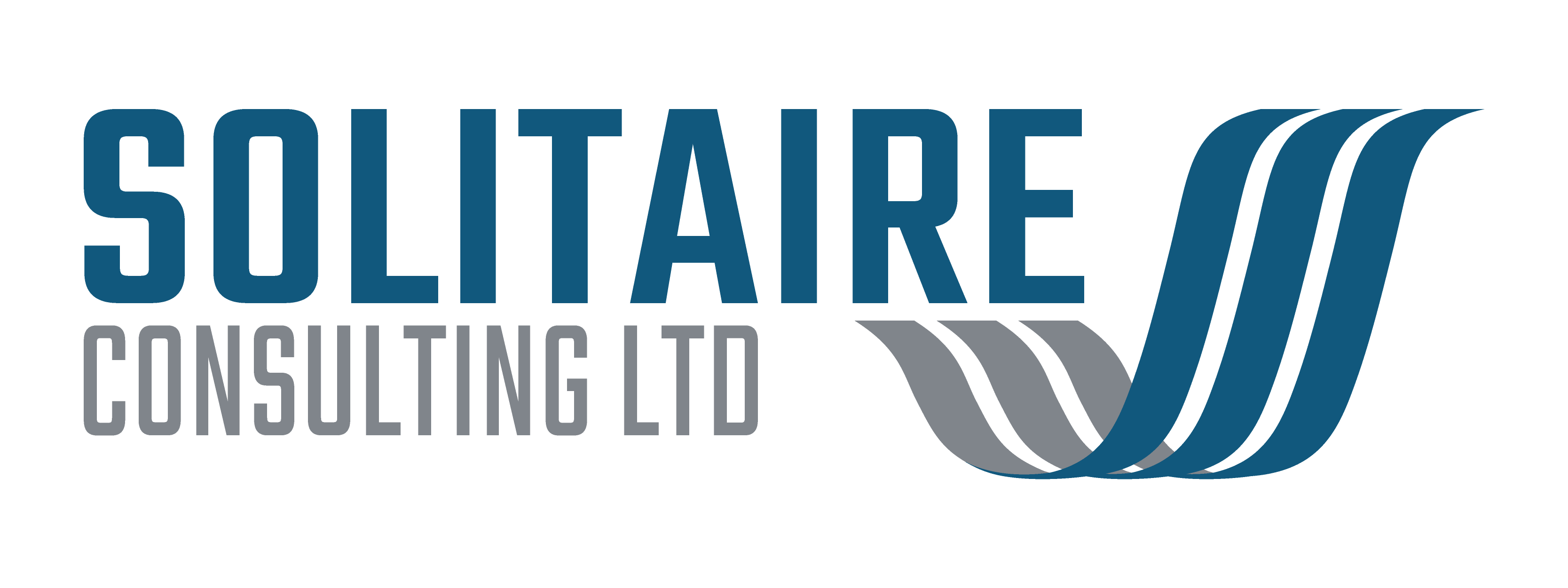This time I have decided to share one of the case studies I prepared for a recent proposal. It outlines what can be achieved when your bring together a number of key ingredients; a good project sponsor, buy-in from all levels and a committed project team, who were given the freedom to just get the job done! In this situation , it didn’t really matter what the solution was because we had the right combination to get anything done.
The Company
The offshore arm of a well-known global banking group, with offices in the Channel Islands, Caribbean and Mauritius.
The Business Problem
The bank had grown a very successful private wealth management business in the offshore islands, but was finding it difficult to cope with increasing business volume whilst remaining within the strict financial and manpower limits set by its parent group. The specific problem was client transactions that had to be processed to strict market deadlines. The obvious solution should have been automation, but the bespoke nature of the business coupled with a new banking platform in three years meant that the business case was not viable. The Channel Islands and Caribbean are expensive places to operate and skilled resources are very difficult to obtain. There are also complicated tax and data protection issues locating client data outside of the offshore jurisdictions.
The Solution
The bank already had a presence in the growing financial services centre of Mauritius, where there was a ready supply of qualified professionals. It also had the lowest cost base of the offshore islands. The bank had started to outsource some back office accounting work to the location but had never attempted to relocate payment processes. The consultant was asked to assess the feasibility of outsourcing from 3 locations, create the business case and, if approved, implement a pilot outsourcing project all within 6 months. The consultant established the project framework with teams working in 4 locations across 3 time zones. Although not a large-scale project it was complex due to the tax, legal and compliance requirements that had to be satisfied.
The Benefits
The critical success factor for the project was to reuse existing processes where possible but implement a reliable workflow management process to manage the cycle of transactions and queries between the locations. The project resulted in a saving of temporary staff and modest reductions in permanent headcount in the high cost locations through natural wastage. The outsourcing centre was able to employ more staff at a lower cost operating three shifts to support the business hours of its clients. Cost reduction targets were exceeded and revenue generating areas of business were able to continue to grow their businesses knowing they had a reliable back office supporting them.
The key learning point for this project was that senior management delegated the project and stepped out of the way whilst we got implemented it. However, they didn’t try to delegate their accountability and remained very much in control, but at an appropriate level.
The project was managed by Paul Every, through Solitaire Consulting in Jersey.




